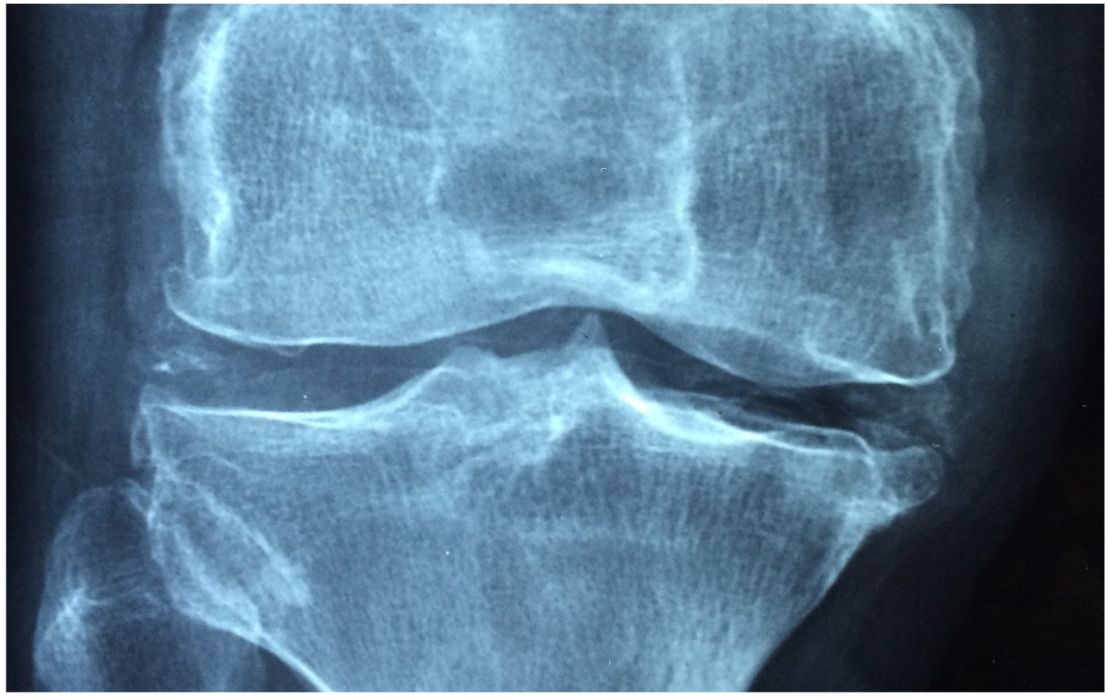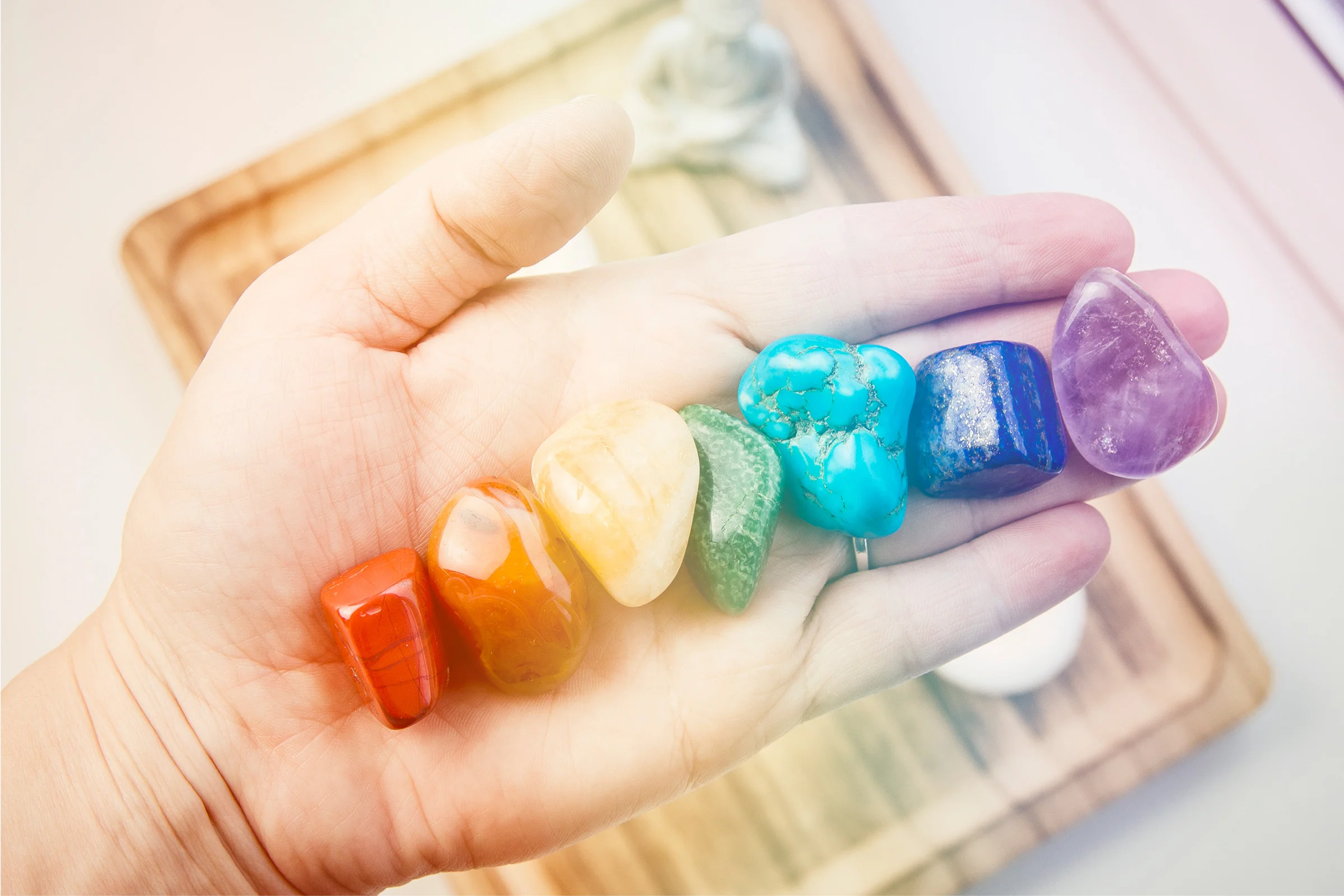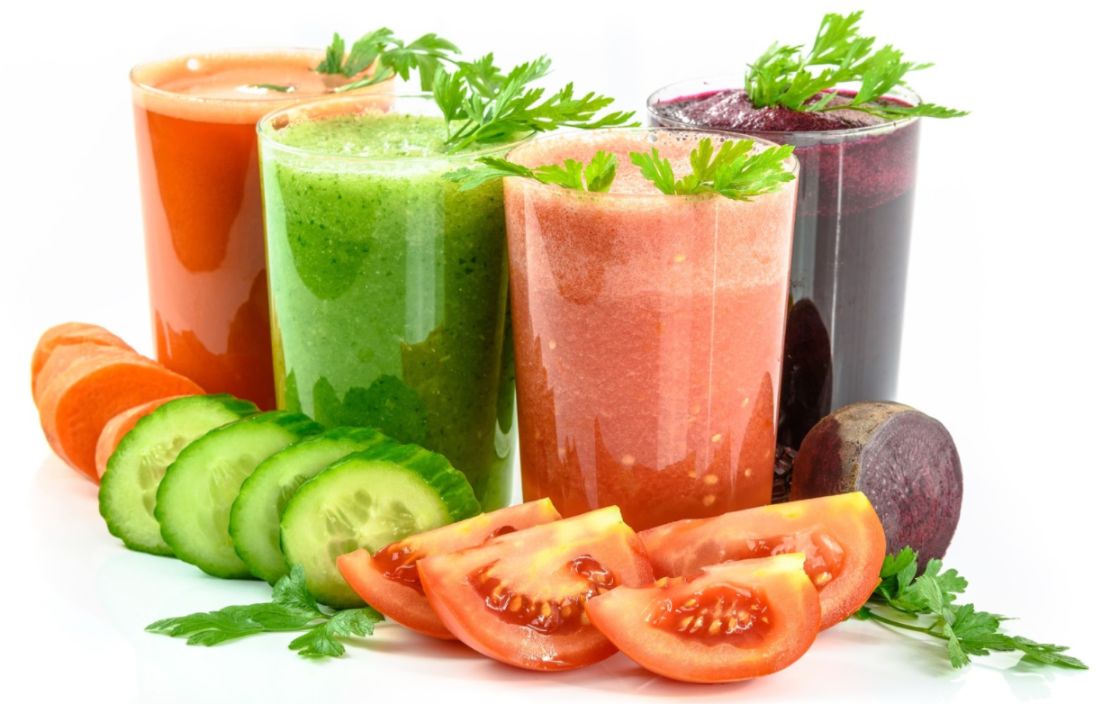Canker sores (also known as “aphthous stomatitis”) are small oral ulcers that form on or under the tongue, inside the lip, or inside the cheek.
Although they are not contagious, the trait for the potential to develop these ulcers is hereditary.
Experts have not been able to track down exactly what causes canker sores; it is believed that they can be triggered by stress, acidic foods, citrus fruits like pineapple or tomatoes, poorly-fitted dentures, or broken teeth.
Because the reason behind what causes canker sores is not known, it not possible to avoid them completely.
Although the pain from an oral sore may end within 3-10 days, it takes up to three weeks for a canker sore to heal completely.
Currently, there is no known cure for these painful sores.
Over-the-counter products are helpful, but there are many home remedies that can reduce oral sore pain and healing time.
Listed below are 16 easy ways to make a canker sore treatment at home.
Numbing Spray
While healing a mouth ulcer, a numbing spray goes a long way toward reducing the associated pain.
This recipe for a numbing spray includes eucalyptus oil and peppermint oil, both of which are essential oils rich in anti-inflammatory properties.
This refreshing, cooling spray has an astringent property which helps to tighten the tissue around the affected area, reducing swelling and discomfort.
To make this spray, you’ll need the following ingredients:
- 8 drops of eucalyptus oil;
- 2 tablespoons of olive or grapeseed oil;
- 10 drops of peppermint oil.
Mix the above ingredients together in a glass mister bottle and shake well.
Once the mixture is well blended, spray on the affected area as needed.
Sage Rinse
Sage is an herb that comes from an evergreen bush.
It belongs to the “Lamiaceae” mint family of plants, along with rosemary, basil, oregano, and thyme.
Generations of people have used sage for its medicinal purposes, as a flavorful seasoning, and for religious rituals.
Sage is rich in anti-inflammatory and antioxidant properties that make it a popular aid in reducing ailments such as high cholesterol, inflammation, and high blood glucose.
Because of these properties, a sage rinse is a beneficial oral rinse for those suffering from canker sores.
To create a sage rinse at home, you will need a handful of fresh sage or approximately 2 teaspoons of dried sage, along with about 5 ounces of fresh water.
For dried sage, boil the water and remove from heat, then soak the sage for 10 minutes.
Swirl the liquid in your mouth for 1 minute or more, prior to spitting it out.
For fresh sage, place the leaves in an airtight glass jar with the water and place the mixture in a cool, dark area for 24 hours.
After the 24 hour soaking period, use the water as a 1-minute rinse, then mash the soaked leaves to a pulp and place directly on the sore for 5 minutes.
Follow the sage leaf compress with a rinse of fresh, cold water.
Chamomile Tea
Chamomile tea is an herbal tea that uses dried matricaria retutica leaves.
For centuries, people have consumed chamomile tea to help relieve an upset stomach, to soothe chest colds, as a sleep aid, and as an overall relaxing, refreshing drink.
The natural compound of bisabolol has also been proven to have antiseptic and anti-inflammatory properties.
Because of these naturally occurring compounds, Chamomile tea has the ability to reduce the pain and healing time associated with mouth sores.
To make a soothing chamomile tea compress, simply soak a chamomile tea bag, or a clean cheesecloth containing dried chamomile leaves, in a cup of fresh water for 3-4 minutes.
Apply the bag to the affected area for 5-10 minutes. This may be done twice a day.
Coconut Oil
In addition to its moisturizing properties, organic coconut oil has anti-inflammatory and antimicrobial properties.
A dab of coconut oil on the affected area helps to reduce inflammation and healing time.
In addition, organic coconut oil is a sweet-tasting balm that leaves lips moist and supple.
Honey Balm
Honey is a healthy, natural additive used to sweeten foods or ease the pain from a sore throat.
But raw, organic honey also has powerful medicinal properties, including anti-inflammatory and antibacterial elements, making it an ideal balm for mouth sores.
It is fairly inexpensive and can be found in almost any local market or food exchange.
To use, simply rinse with warm or salt water to cleanse the mouth, and apply a bit of organic raw honey to the affected area three times a day.
For maximum effectiveness, apply before bedtime, after eating your last meal of the day.
Wax Cover
A mouth ulcer can take longer to heal when it constantly rubs against a tooth, braces, or dentures.
The friction incurred from constant contact can exacerbate a sore and increase the pain.
To relieve this problem, prepare a wax bandage.
It will protect the sore against constant and annoying friction, and decrease the time it takes for the sore to heal.
To create the wax barrier, you will need the following:
- One tablespoon of beeswax;
- Two tablespoons of raw, organic coconut oil.
Combine the beeswax with the coconut oil and gently melt the mixture.
Once the ingredients have been blended by the heat, allow it to cool slightly until it is comfortable to the touch.
Using your finger, apply a dab of the mixture to the tooth, braces, or denture that is rubbing against the affected area.
Make sure that the amount of wax mixture is thick enough to avoid being ground and stuck in the braces.
Clove Oil Compress
Cloves have been used for centuries as a potent spice for cooking and beverages.
Their fragrant properties also make them ideal for dried floral arrangements and potpourri.
However, cloves have medicinal purposes as well.
The naturally occurring eugenol in clove oil serves as a powerful numbing agent and painkiller.
To make a clove oil compress, you will need the following ingredients:
- One-half teaspoon of olive oil;
- 4 or 5 drops of clove essential oil.
Combine the olive oil and clove oil and blend well. Soak a cotton ball in the mixture.
After cleaning your mouth with a warm or salt water rinse, apply to the affected area for up to 8 minutes.
Cayenne Salve
When you have a painful canker sore, you would think the last thing you would want to do is to put some hot pepper on it.
And yet, cayenne pepper has natural properties that can inhibit the pain response in the body.
Because of the chemical known as “capsaicin”, a salve made of cayenne pepper has proven to be a great pain reliever.
To make the salve, you will need:
- Ground cayenne pepper;
- Warm water.
Mix the warm water into the cayenne pepper a few drops at a time until a thick paste is formed.
Using a cotton swab, apply the mixture to the affected area up to three times daily to experience instant pain relief.
Aloe Vera Rinse
Aloe Vera is a plant native to tropical climates.
The gel inside the leaves has been proven to have healing and moisturizing properties.
The cooling and soothing nature of aloe vera gel makes it an ideal ingredient for a healing oral rinse.
To make the oral rinse, you will need:
- One tablespoon of water;
- One teaspoon of aloe vera gel.
Gently stir the gel into the water and swish to relieve pain.
This rinse can be done up to three times daily.
Add Yogurt to Your Diet
The fermented milk used in yogurt is rich in organic acids.
These organic properties have the power to restore a healthy balance of bacteria in the body.
Consuming a tablespoon of plain, unflavored yogurt three times daily may combat the imbalance in the body that leads to the formation of mouth ulcers.
If the taste of plain yogurt is not to your liking, simply add a dash of raw, organic honey for a healing boost of flavor.
Warm Salt Water Rinse
It is general knowledge that it is a bad idea to rub salt into a wound.
However, a rinse of salt water is actually beneficial to those suffering from oral ulcers.
Salt water has the ability to reduce swelling and excess fluid associated with a mouth sore by drawing the fluid from the affected area.
To make a salt water rinse, you will need:
- One-quarter cup of warm water;
- One-half teaspoon of salt.
Stir the salt in the container of warm water until it has dissolved completely.
Swirl the salt water in your mouth for up to a minute three times daily, until the affected area has healed.
Hydrogen Peroxide
Hydrogen Peroxide has strong antibacterial properties that have the power to kill harmful germs that could exacerbate a mouth sore.
Additionally, a hydrogen peroxide rinse prevents additional inflammation that can occur with an irritated mouth ulcer.
Rinsing with hydrogen peroxide after brushing has the ability to cleanse the mouth thoroughly.
To make a Hydrogen Peroxide rinse, you will need:
- One bottle of Hydrogen Peroxide;
- One bottle of mouthwash;
- Warm water.
In a clean cup or glass, combine one part hydrogen peroxide, one part mouthwash, and one part water.
Swish the mixture in your mouth up to twice daily.
Baking Soda
Baking soda is a multi-purpose home staple that can also be used to reduce the pain and healing time associated with mouth ulcers.
The naturally occurring properties found in baking soda neutralize the acidity in the mouth.
There are several ways to use baking soda to make a canker sore treatment.
Baking Soda Paste
Mix one tablespoon of water and one teaspoon of baking soda and blend until it turns into a fine paste.
Using your fingertip or a cotton swab, apply the paste directly on the affected area and leave on for a few hours.
Follow this with a rinse of warm water.
This can be done several times daily until the sore has healed.
Baking Soda and Hydrogen Peroxide Rinse
Baking soda can be combined with hydrogen peroxide to make a powerful antibacterial, antiseptic rinse.
Adding salt aids in drawing out fluids from the sore to promote healing.
To make this healing rinse combine small, equal amounts of baking soda, salt, and hydrogen peroxide in a glass of warm water.
This oral rinse can be used up to five times daily.
Milk of Magnesia
Milk of magnesia is another home staple that can be used to lessen the pain and speed up the healing time of an oral ulcer.
Using a cotton swab, apply a solution of undiluted milk of magnesia to the affected area up to four times daily for pain relief and healing.
Vitamin E Oil
The oil inside a capsule of vitamin E can act as a natural barrier between the oral sore and irritants that can be found in the mouth such as dentures, sharp teeth, or bacteria.
This barrier helps the mouth ulcer to heal quicker while protecting against potentially painful irritants.
Ice Chips
Ice chips are an easy, inexpensive way to provide cooling relief to mouth ulcers.
After rinsing the mouth, allow the ice chip to dissolve slowly in the mouth over the affected area.
Conclusion
Now that you know how to get rid of canker sores, it is important to avoid spicy or acidic foods.
These types of foods can exacerbate a sore, causing an increase in pain and healing time.
Be sure to chew slowly and carefully to avoid biting into an already irritated area.
When brushing your teeth, use a soft brush, and opt for a foaming-style toothbrush to avoid irritating scrubbing.
If you are prone to frequent mouth ulcers, eating a healthy diet, drinking plenty of water, and taking over-the-counter vitamins will potentially reduce their occurrence.
But knowing how to get rid of canker sores is as important as learning how to avoid them.








